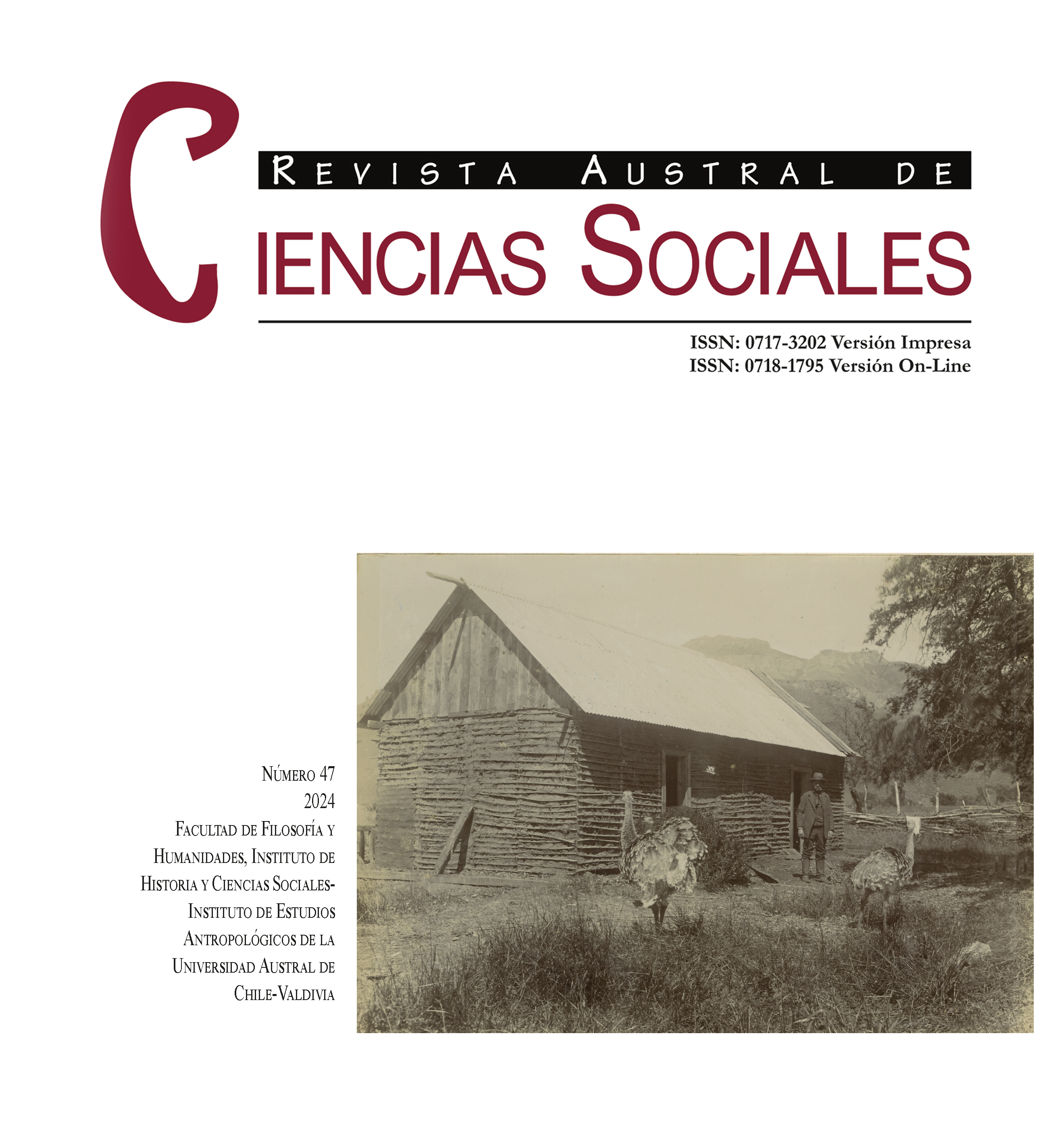Environmental injustice and territorial collective action during the Chilean constituent process (2019-2022)
Main Article Content
Abstract
Collective action deployed during the Chilean constituent process (2019-2022) is analyzed in three territories with environmental injustice: Alto del Carmen, Puchuncaví and Alto Biobío. Using qualitative methodologies, activists’ accounts are collected after the installation of the Convention, after the presentation of the Constitutional Draft and after the Exit Plebiscite. The results show that the previous conflicts favoured the deployment of diverse repertoires at different scales, with the relevance of institutional channels, and that new actors emerged during the period, young people and women, who are renewing the collective action. After a cycle of hope and satisfaction, followed by disillusionment due to the rejection of the Proposal for a New Constitution, activism in the territories is challenged by the need to play a more informative role and dialogue in contexts with heterogeneous positions, and where the intergenerational aspect is reinforced as a motivating principle in the present and towards the future.


 https://orcid.org/0000-0002-0202-6007
https://orcid.org/0000-0002-0202-6007